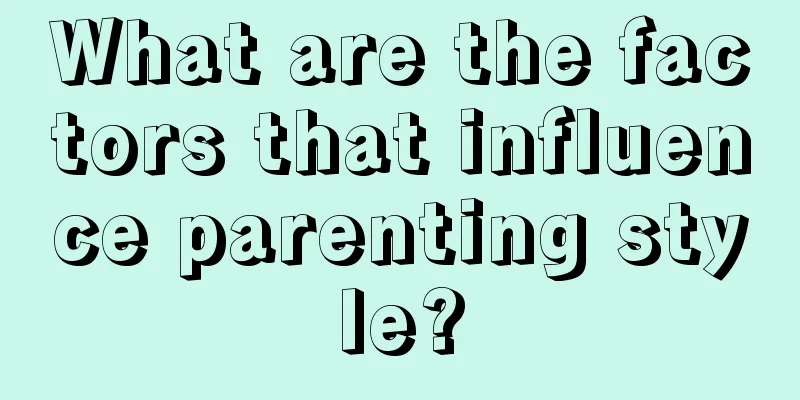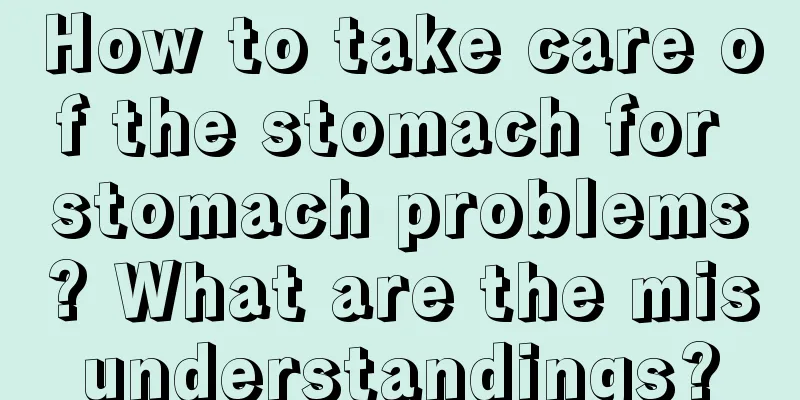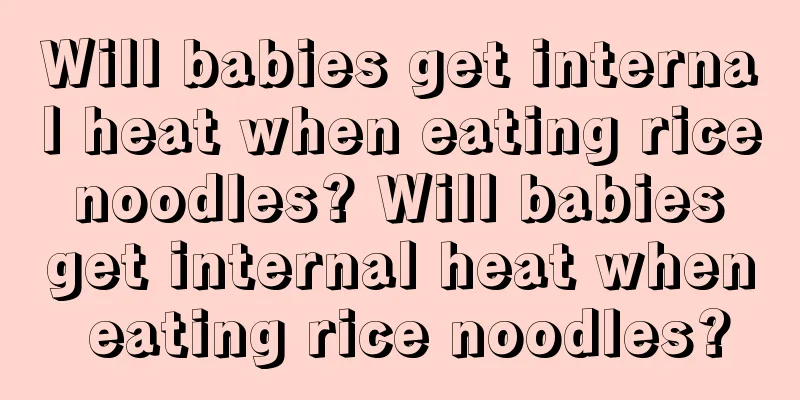What are the factors that influence parenting style?

|
Different parents have different educational styles and methods. Some are authoritative, some are democratic, and some are permissive. Each parenting method has its advantages and disadvantages. Parents can choose the best one to use. The most important thing is to choose one that suits the baby and their own lifestyle, so that the family can be happy. What are the types of parenting styles? Authoritarian: This type of parent usually has strict rules and strict punishments if the rules are not followed. They are very demanding, have little concern for their children, and usually show no warmth. Authoritative and trustworthy: This type of parent is different from the authoritarian type. They set rules and regulations, but they are fair and consistent. They have high expectations for their children, care about their children, allow their children to express their opinions, and encourage their independence. Permissive and laissez-faire: This type of parent has almost no discipline and rarely requires their children. They care about their children and are very tolerant of their children's behavior. They often act as friends to their children rather than parents. Neglectful and indifferent: This type of parent is the least strict and least concerned about their children, and the parent-child communication is also weak. They usually only meet the basic needs of their children and ignore and reject all other needs. Instinctual and intuitive: This type of parent usually follows their instincts and attitudes in parenting. They will raise their children in the same way they were raised and teach their children according to the way they were taught in their childhood. Helicopter: This type of parent will intervene in their children's lives a lot and overprotect their children, constantly ensuring their children's safety. Children with this type of education are prone to being too dependent on their parents, even asking their parents for help with small things. Free-range type: Parents with this style will let their children live their lives according to their favorite interests. They let their children explore the world at their own pace and allow their children to be who they want to be. Emotional connection type: This style of parenting is usually based on the strong emotional development between parents and children. Parents are very sensitive to their children's needs and provide emotional support at any time. There is no corporal punishment or family education. Egalitarian type: Parents will give their children a sense of democracy to choose. The whole family is like a team with a spirit of teamwork. Parents care about their children very much. If the child makes a mistake, they will regard it as a learning opportunity. Factors affecting parents' parenting style Parents' growth background: Most people's education style is related to their own growth background. How they were raised will determine how they will educate their children. This is the most important influencing factor. Parents' education level: Education level will also affect the parenting style. Just like highly educated people usually care more about their children's learning, achievements and development, people with low education levels pay less attention to their children's education. Socioeconomic status: Parents' social status will also affect parenting methods. Parents with high social status are sometimes more authoritative or helicopter-like, while parents with low social status sometimes ignore their children's growth. Parents' religious beliefs: Parents' religious beliefs sometimes affect their education style. For example, Muslims are more conservative, so their children tend to be conservative. The importance of parental education The family environment affects children's growth. Because environmental factors are extensive, regular, natural, and accidental, children will be affected in various ways. Parents serve as role models for their children's growth. The family is the cell of society and the first environment for children to live in. The real "enlightenment teachers" of children are their parents! The degree of importance parents attach to education affects their children's growth. Most parents today are busy making money and providing their children with a good living and learning environment, and they ignore the importance they attach to their children's education. Children's education is not a matter for one person, nor is it a responsibility that one person can bear. Family education has a significant role in promoting children's habits, learning attitudes, and academic performance. |
<<: How can parents let their children take the initiative to tidy up their own rooms?
Recommend
What preparations do mothers who want to have a second child need to make?
The two-child policy has been implemented in my c...
Can pregnant women eat soft-seeded pomegranates? Can babies eat soft-seeded pomegranates?
Soft-seeded pomegranates are not only more conven...
What are the key points for parents to teach their five-year-old children?
When your baby is 5 years old, he or she should b...
Can black toothpaste remove blackheads? Is black toothpaste effective in removing blackheads?
Black toothpaste can be used to wash your face, b...
What is a pregnancy soup? What are the ingredients of a pregnancy soup?
Have you ever heard of preparing for pregnancy? D...
Can pregnant women eat porcini to relieve fatigue?
Pregnant women can eat porcini mushrooms. Porcini...
Newborns are startled when they sleep. Reasons why newborns don't sleep well
Newborns spend most of the day sleeping. Many mot...
Can a newborn baby hiccup be left untreated? Can a newborn baby hiccup be treated with a tube?
It is normal for newborns to hiccup, because ther...
What to do if your baby keeps crying due to bloating
Since babies cannot express themselves verbally, ...
How much does folic acid cost? Which brand of folic acid is better?
Pregnant women need to supplement folic acid in t...
Teach you how to beautify your breasts after childbirth and avoid breast problems
In addition to being happy about the healthy birt...
How many colors are available for Comotomo silicone baby bottles? How many colors are available for Comotomo silicone baby bottles?
Comotomo baby bottles have a high sales volume in...
Is it okay for babies to drink milk powder while lying down? How should babies drink milk powder?
How much do you know about babies? Today, let'...
What are the symptoms of postpartum uterine prolapse? How to exercise after childbirth?
Some women will experience symptoms of uterine pr...
Are there any tips for losing weight during breastfeeding? Tips for losing weight during breastfeeding
Many mothers lose their body shape during pregnan...









